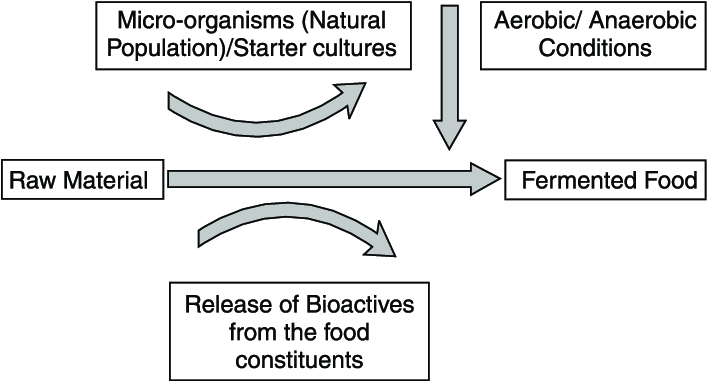Kubernetes
Kubernetes
Wireless Communication
Mohima M
Kubernetes is an open-source container orchestration platform that automates the deployment, scaling, and management of containerized applications.
Kubernetes, also known as K8s, is an open-source container orchestration platform designed to automate the deployment, scaling, and management of containerized applications. It was originally developed by Google and is now maintained by the Cloud Native Computing Foundation (CNCF). Kubernetes provides a comprehensive set of features for managing containerized applications, including deployment, scaling, self-healing, resource management, and service discovery.At its core, Kubernetes consists of a cluster of nodes, which are essentially machines that run containerized applications. Each node in the cluster runs a Kubernetes agent called a kubelet, which communicates with the Kubernetes control plane to manage the containers running on that node. The control plane is responsible for maintaining the desired state of the cluster and ensuring that the cluster is running as intended.Kubernetes uses a declarative approach to configuration management, where users define the desired state of their applications and the cluster, and Kubernetes works to achieve that state. This is done using YAML or JSON files, which define the configuration of the application, including the number of replicas, the container image, and the resource requirements. Kubernetes then uses this configuration to deploy and manage the application.One of the key features of Kubernetes is its ability to scale applications horizontally, by adding or removing replicas of a pod as needed. A pod is the basic execution unit in Kubernetes, and it can contain one or more containers. Kubernetes also provides self-healing capabilities, where it can automatically restart containers that fail, and rolling updates, which allow users to update applications without downtime. Additionally, Kubernetes provides a rich set of networking and service discovery features, including load balancing, service endpoints, and ingress controllers, which enable users to expose their applications to the outside world.Kubernetes also provides a rich ecosystem of tools and integrations, including support for popular container runtimes like Docker, rkt, and cri-o, as well as integrations with popular CI/CD tools like Jenkins, GitLab, and CircleCI. This allows users to build end-to-end workflows for building, testing, and deploying containerized applications.In terms of architecture, Kubernetes consists of several key components, including the API server, the scheduler, and the controller manager. The API server provides a RESTful API for interacting with the cluster, while the scheduler is responsible for scheduling pods on nodes. The controller manager runs and manages various controllers, which are responsible for maintaining the desired state of the cluster.Overall, Kubernetes provides a powerful and flexible platform for automating the deployment, scaling, and management of containerized applications, and has become a de facto standard for container orchestration in the industry.
Cloud Native Applications: Kubernetes is well-suited for cloud native applications that require high scalability, availability, and reliability. It provides a platform for deploying and managing containerized applications across multiple cloud providers.
DevOps and Continuous Integration/Continuous Deployment (CI/CD): Kubernetes enables DevOps teams to automate the deployment, scaling, and management of containerized applications, making it an ideal platform for CI/CD pipelines.
Big Data and Analytics: Kubernetes can be used to deploy and manage big data and analytics workloads, such as Apache Hadoop, Apache Spark, and Apache Flink, at scale.
Machine Learning and Artificial Intelligence: Kubernetes provides a platform for deploying and managing machine learning and AI workloads, such as TensorFlow, PyTorch, and Scikit-learn, in a scalable and efficient manner.
IoT and Edge Computing: Kubernetes can be used to deploy and manage IoT and edge computing workloads, such as containerized applications on edge devices, in a secure and scalable manner.
Microservices Architecture: Kubernetes is well-suited for microservices architecture, providing a platform for deploying, scaling, and managing multiple containerized microservices.
Hybrid and Multi-Cloud Environments: Kubernetes provides a platform for deploying and managing containerized applications across hybrid and multi-cloud environments, including on-premises, public cloud, and edge computing environments.
